Allyson Brinston
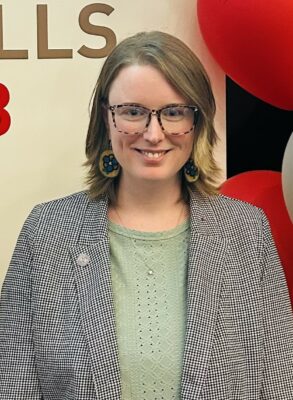
Learn more about the ‘Supporting Indigenous Language Revitalization’ Project’s Team

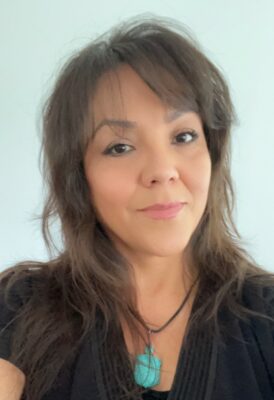
aski kapimohtet iskwew nicikason onihcikiskwapiwinihk ochi! Karen is nehiyaw iskwew (Cree woman) originally from Saddle Lake Cree Nation; she is a mother, grandmother, daughter of residential school survivors and granddaughter of her ancestors. Karen joined the SILR team in February 2023 and is the SILR Project Coordinator. She has years of work experience with Indigenous peoples off and on reserve in diverse capacities; government, education and training, community engagement and research. Karen is grateful to have a unique educational background in MEd in Indigenous Peoples Education Policy with the University of Alberta and a Bachelor’s in Leadership and Management with Blue Quills University; her learning path was rooted in Indigenous epistemologies balanced with Western education theories.
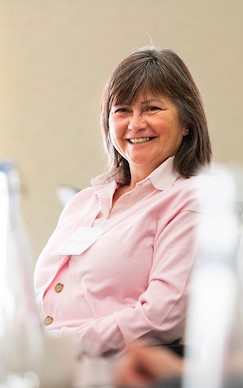
Velvalee Georges is a PhD candidate in elementary education at the University of Alberta. She is a graduate of the Saskatchewan Urban Teacher Education Program (Saskatoon, 1985) and has a Master of Education degree in Inclusive Education from the University of Manitoba (2007). She is an experienced teacher and administrator. Originally from Sakitawak, Sk (Ile-a-la-Crosse) she speaks some Northern Michif and understands a great deal more. Although she left her home community many years ago to pursue employment and study, language resonates strongly in all of her work, no matter where she goes. She married, has an adult daughter, and is now raising her great niece who is 8 years old. She makes her home in Pigeon Lake, AB
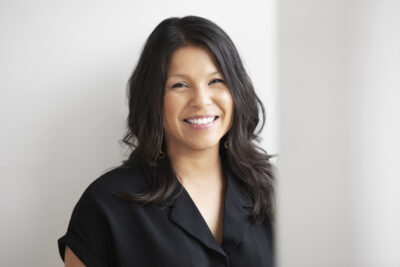
Pamela is Anishinaabe from Wawa, Ontario with family in Michipicoten First Nation (on her mother’s side) and Batchewana First Nation (on her father’s side). She is a mother of four and currently lives in Stony Plain on Treaty Six territory. Pamela has over 15 years of experience in policy and strategic planning specializing in Indigenous education. Pamela is passionate about Indigenous language sovereignty and the implementation of the Supporting Indigenous Languages Revitalization initiative. Pamela is also the chair of the Steering Committee.
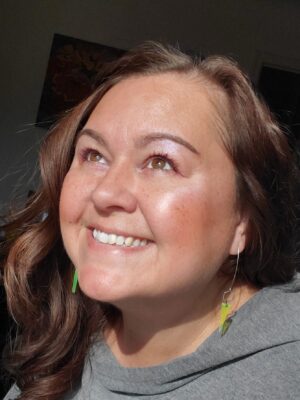
Corinne Riedel-Pinnock (Métis) is of nêhiyaw and German descent and lives in Edmonton with her sweetheart Samora. Her nêhiyaw/Scottish-English ancestors from Red River, Manitoba are who she reaches back to so that she remembers who she comes from. Her parents are Stanley and Glenda Riedel (nee Blight) and her late grandparents are Author and Ada Riedel (nee Weiss) and Frank and Geraldine Blight (nee Sabiston). She is an auntie, a sister, a daughter, a granddaughter, a niece, a cousin, a partner and a human continually growing into becoming a better relative.
Corinne comes alive in her creative writing and in her work as an Advisor/Recruiter for Indigenous Language Teacher Development Projects (ILTDP) and as Project Assistant for Supporting Indigenous Languages Revitalization (SILR) at the University of Alberta. She knows a lot of Spanish and considers it her second language, nêhiyawewin will become her third. She is passionate about advocating for women, Indigenous women, girls and boys and for all Indigenous and BIPOC students. She has sat in on multiple committees that support and celebrate these amazing folx and is passionate about teaching and supporting students in their journeys to (re)membering themselves back into spirit.
When she isn’t chasing the sun, she’s making jewelry–or some other craft–she’s listening to music and singing; when she combines all three, she’s most in spirit.
Dr. Rousell has specialized in community-driven research and Indigenous research methodologies and has over 18 years of experience working with and for Indigenous communities. Her areas of expertise include the mitigation and prevention of racist beliefs and praxis, Nêhiyaw teaching and learning processes, allyship, leadership, health and well-being. She is honoured to be part of an interdisciplinary research team which is seeking a deeper understanding of the connections between Indigenous languages and wellbeing.
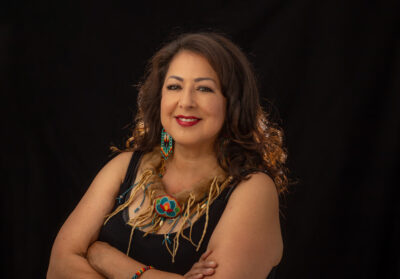
Sherryl Sewepagaham (MEd, BEd, BMT) is Cree-Dene and belongs to the Little Red River Cree Nation in northern Alberta. She is a Cree hand drum and rattle vocalist and incorporates gifted and newly-composed Cree songs in her work in elementary music education, choral composition, curriculum resources, and music therapy. Her Cree choral compositions have been sung by various children’s and adult choirs such as The Canadian Chamber Choir, ProCoro Canada, The Vancouver Youth Choir, and The Toronto Children’s Choir. Sherryl currently works as an academic research and project analyst for the Supporting Indigenous Language Revitalization (SILR) project through the University of Alberta. She recently completed a Master of Education in Curriculum and Instruction and will begin a PhD in Music, emphasis in Ethnomusicology at the University of British Columbia in September 2023. Sherryl is passionate about sharing the Cree language in many facets of her work and is dedicated to composing in Cree to share the beauty of the language with many singers and audiences on a community and international level.
Sherryl created the secondary teacher resource, Kanata: Contemporary Indigenous Artists and their Music in collaboration with MusiCounts Education Charity and composed the theme song, “Music Alive” along with creating three Indigenous Arts teacher guides for the National Arts Centre’s Music Alive Program. Sherryl is a co-founder of the highly successful 2006 Juno-nominated Indigenous women’s trio, Asani who travelled extensively around the world, and she released her solo album, Splashing the Water Loudly in 2014.
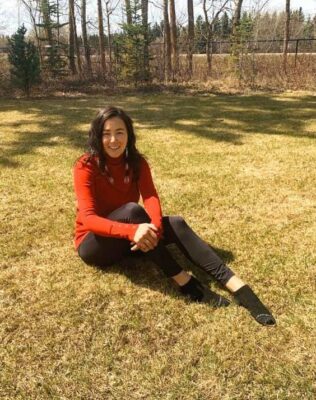
Crystal Wood is a member of Łı́ı́dlı̨ı̨ Kų́ę́ First Nation from Fort Simpson, NWT but has always resided on Treaty Six or Seven territory in Alberta. She currently lives with her husband, two children and dogs North of Spruce Grove on Treaty 6 territory. Her passion(s) include creating and supporting meaningful change in the community, and currently serves on committees with her children’s school division, and with the Indigenous Graduate Students Association with the University of Alberta. Her drive for meaningful educational change for the inclusion of Indigenous education leveraged her to pursue her PhD. Crystal is excited to be part of the ‘Supporting Indigenous Language Revitalization’ research team to help bring forward research and awareness of the importance of First Nation, Métis, and Inuit languages on Turtle Island.